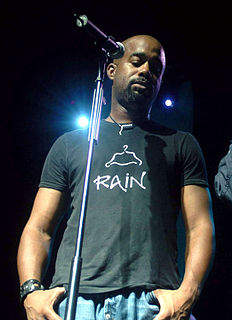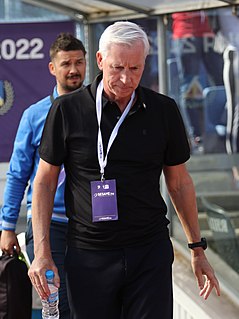A Quote by Wayne Static
I realized how important it was to have a good team - manager, attorney and label. It's not just about putting out a record and somebody signing you.
Related Quotes
I work at a record label where I have archives. These things [memorabilia] occurred and are important to somebody, and they're important to me. I find the record industry largely repellent. This music, the Teen Idles, all of that stuff, is important to me. I don't have lawyers, an agent or a manager. However I find the music industry largely repellent. I just make records because that's what I love to do. So I think that era, those pieces of media, I keep in my collection.
My whole team, it wasn't about putting the album out, it was about getting off the record company and going independent or going to another label. To the point we were like, 'Listen, just take 'Lasers.' You can have whatever percentage off the next ten records I do for the rest of my life. I just do not want to be here anymore.'
If you have good songs and a real desire to make music, the next thing to do, instead of approach record companies, is to get yourself a really good manager because then it allows you to focus on your profession of being a musician. Then they can focus on the darker art of the record label and the music industry.
For us, being a label, we took out the whole aspect of the business that goes into sifting through people who don't care, who don't get what you're trying to do. We can just hire and work with people who get it - the people who understand what this project is about. When you're on a label, you're just hoping somebody will stick their neck out and work for you. Most bands are just like, "I hope they do it. I hope they promote it." But being a label, we know exactly what's happening.
In theory, when you're working with a record label, you're just borrowing their money. And that's basically how the record industry works, right? It's like, you borrow $100,000 from a record label, so you don't make any money until you make back that money for them. In theory, they have you held hostage, so you've got to do every little stupid thing that they want you to do.
Because I was independent for such a long time, and I was always just feeding my fans - every month, I'd be giving them something new. So I had to adjust to the process of making a record. And after signing with a label, there are just certain things you can't do anymore. It was frustrating at first, but as the months went by, I got used to it.




































